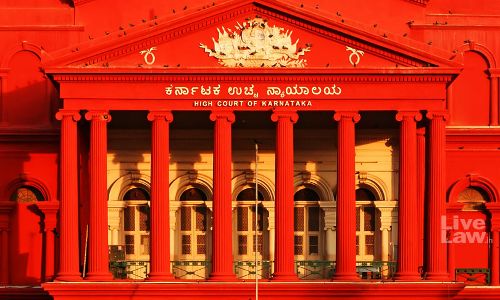If Advocate Of Accused In Custody Fails To Appear, Trial Court Bound To Appoint Legal Aid Advocate: Karnataka High Court
Mustafa Plumber
16 Feb 2022 5:54 PM IST

Next Story
16 Feb 2022 5:54 PM IST
The Karnataka High Court has said that if an advocate representing the accused who is in custody fails to appear before the court, the trial court is bound to appoint a legal aid advocate to defend the accused. A single judge bench of Justice K.S.Mudagal said, "Article 39A of the Constitution of India casts duty on the state not to deny access to justice on the ground of economic or...
